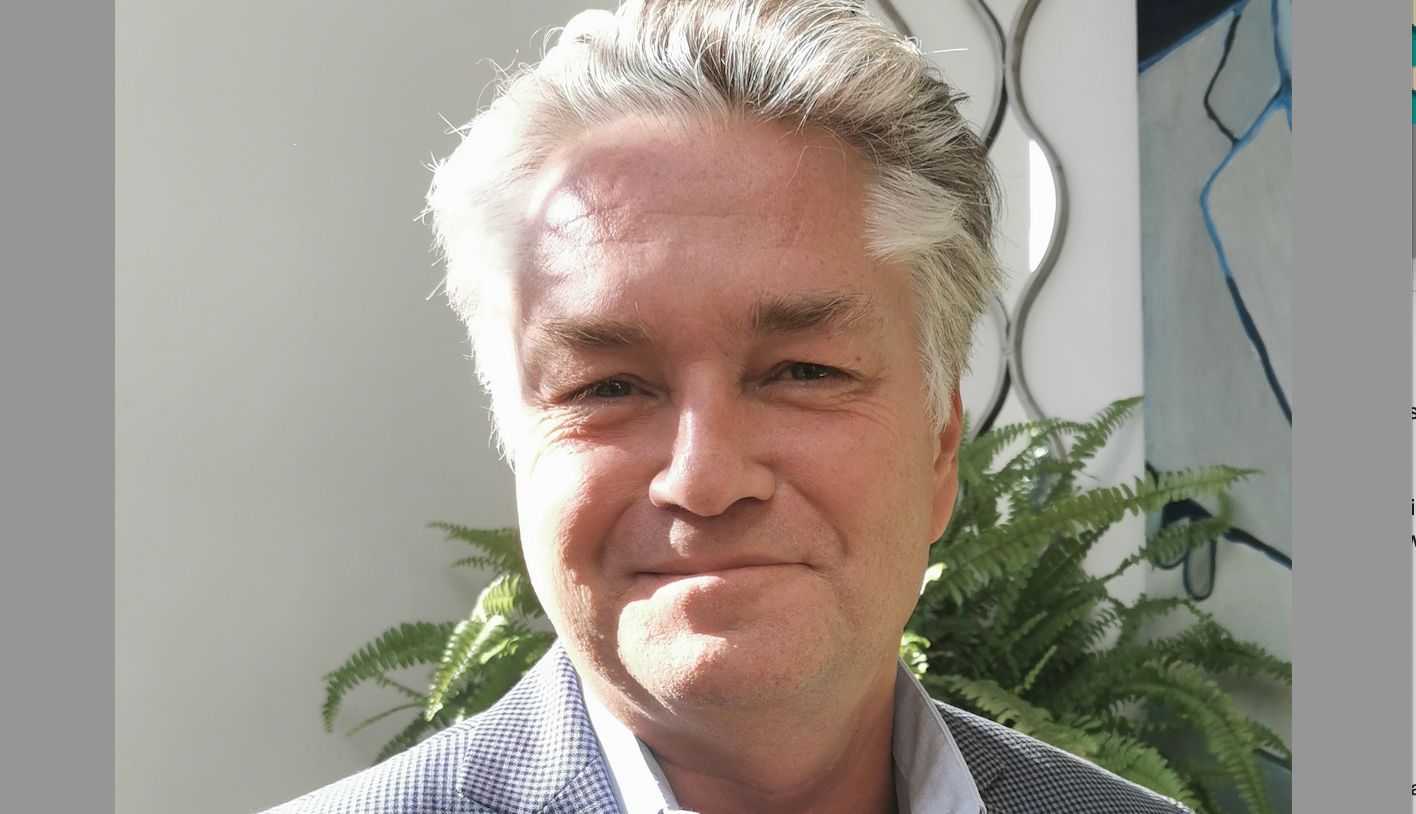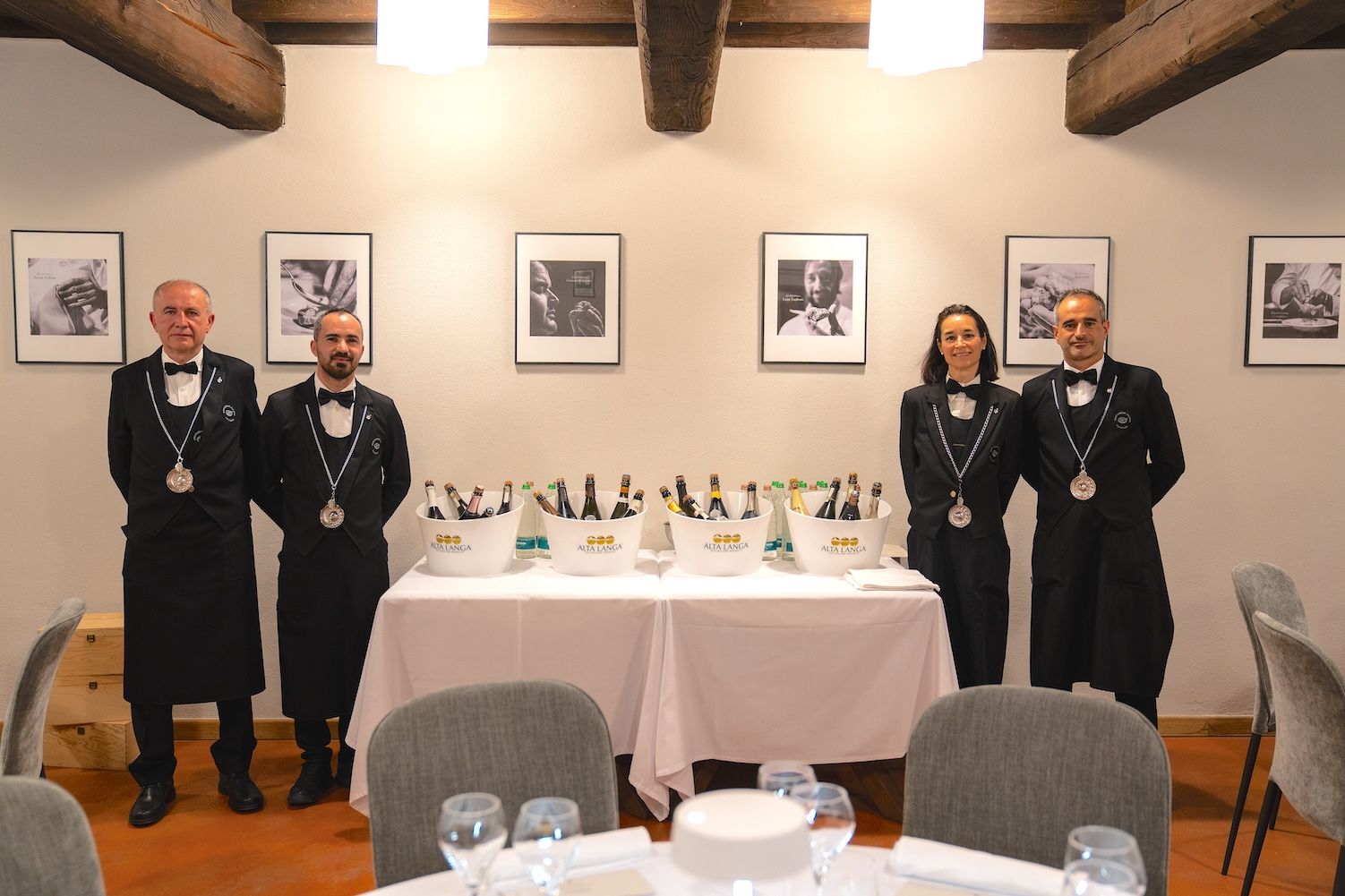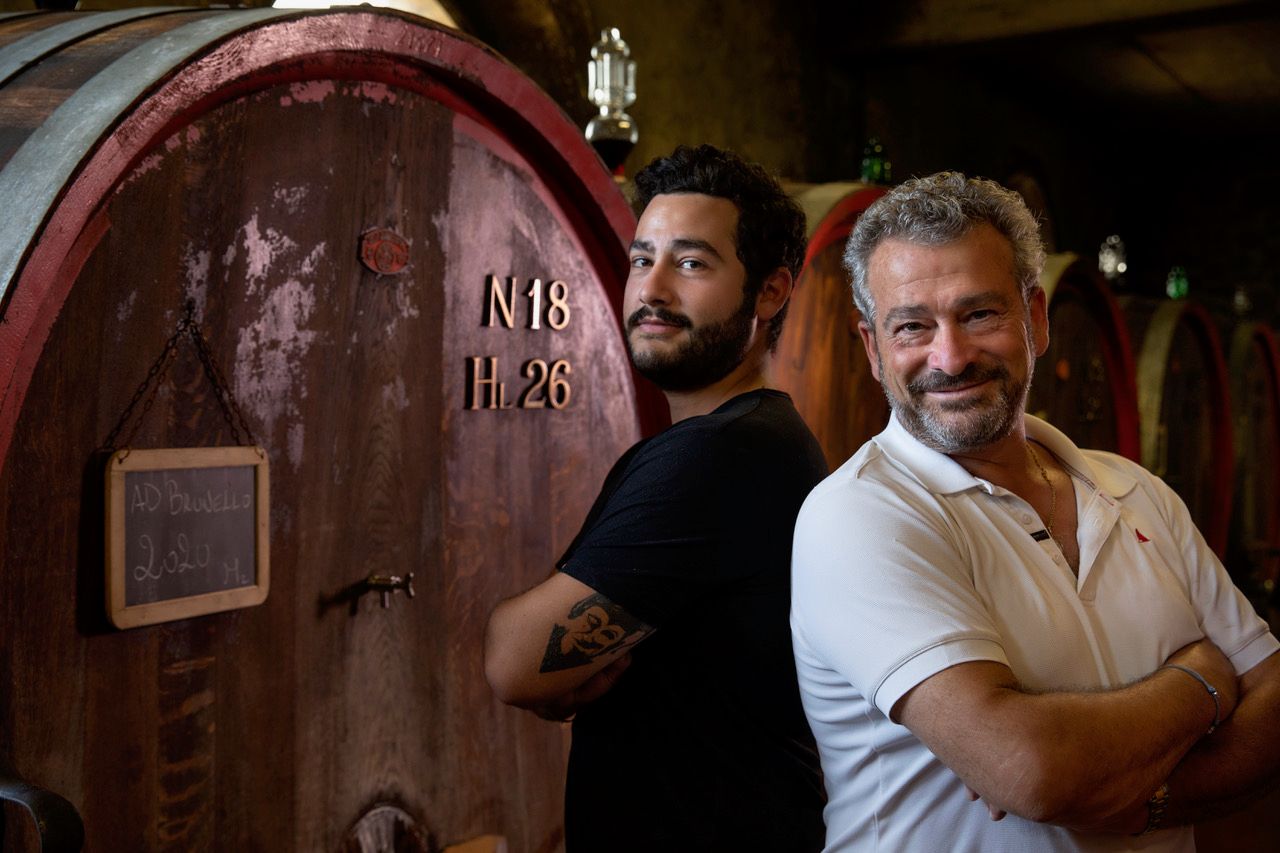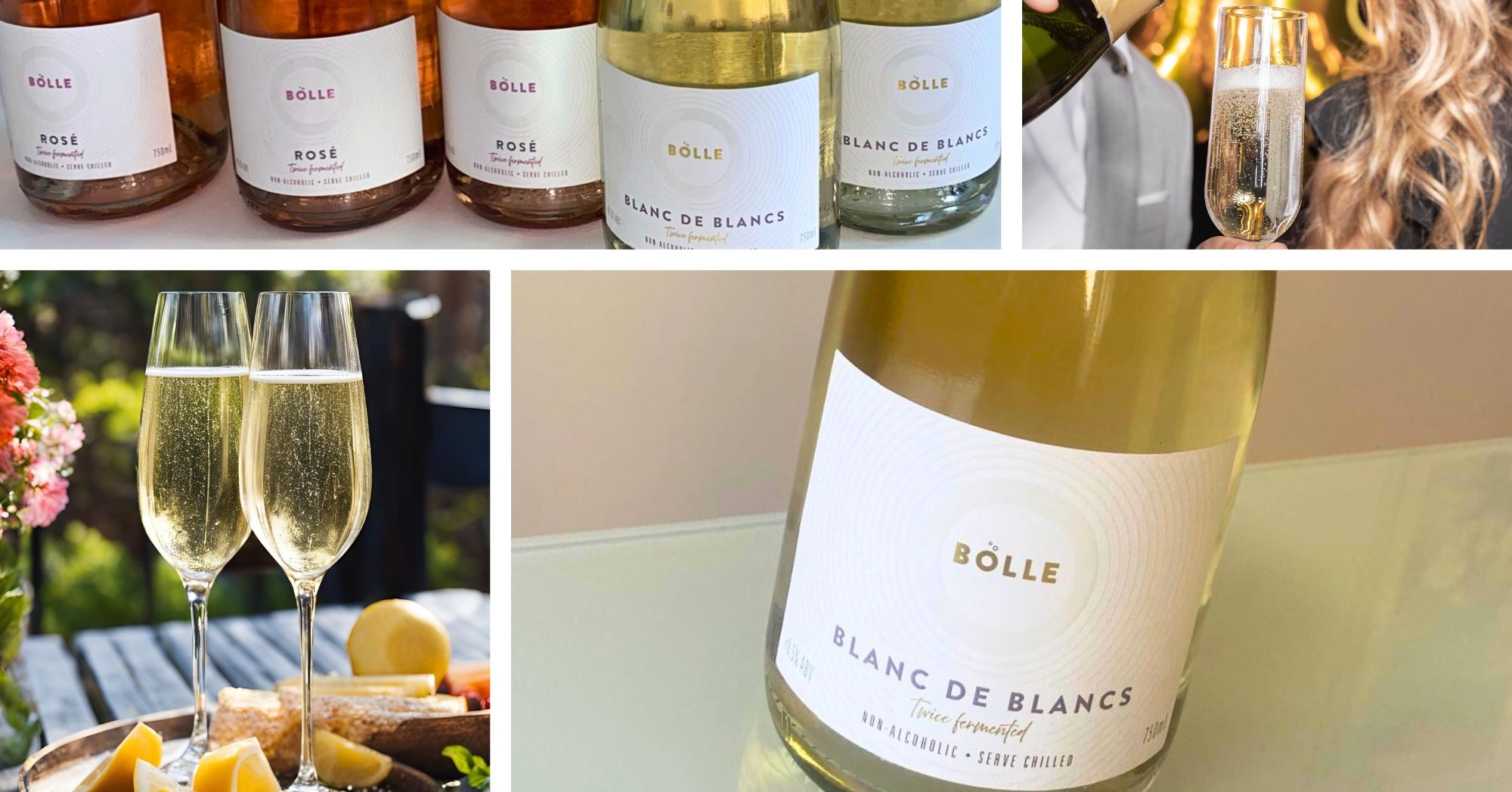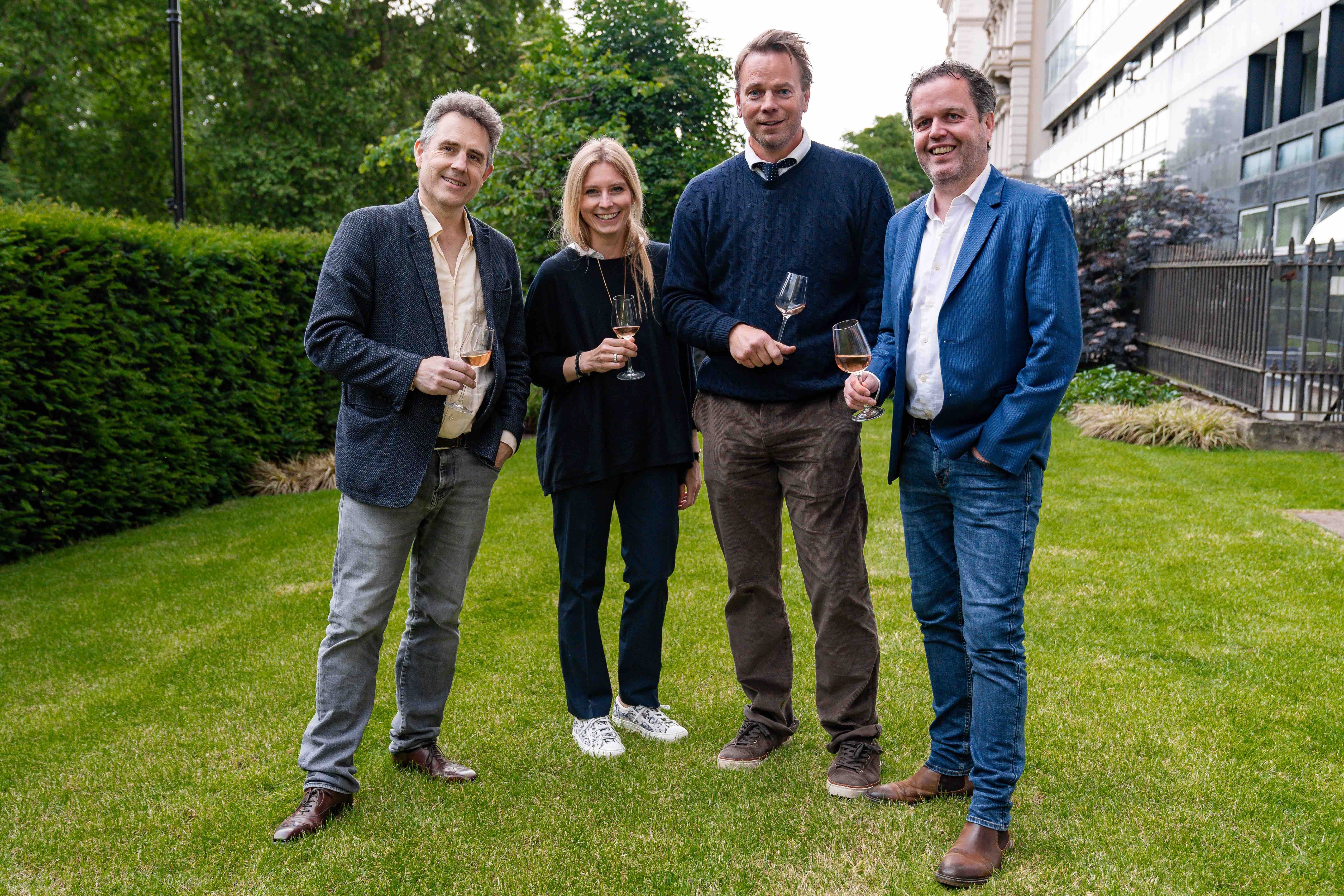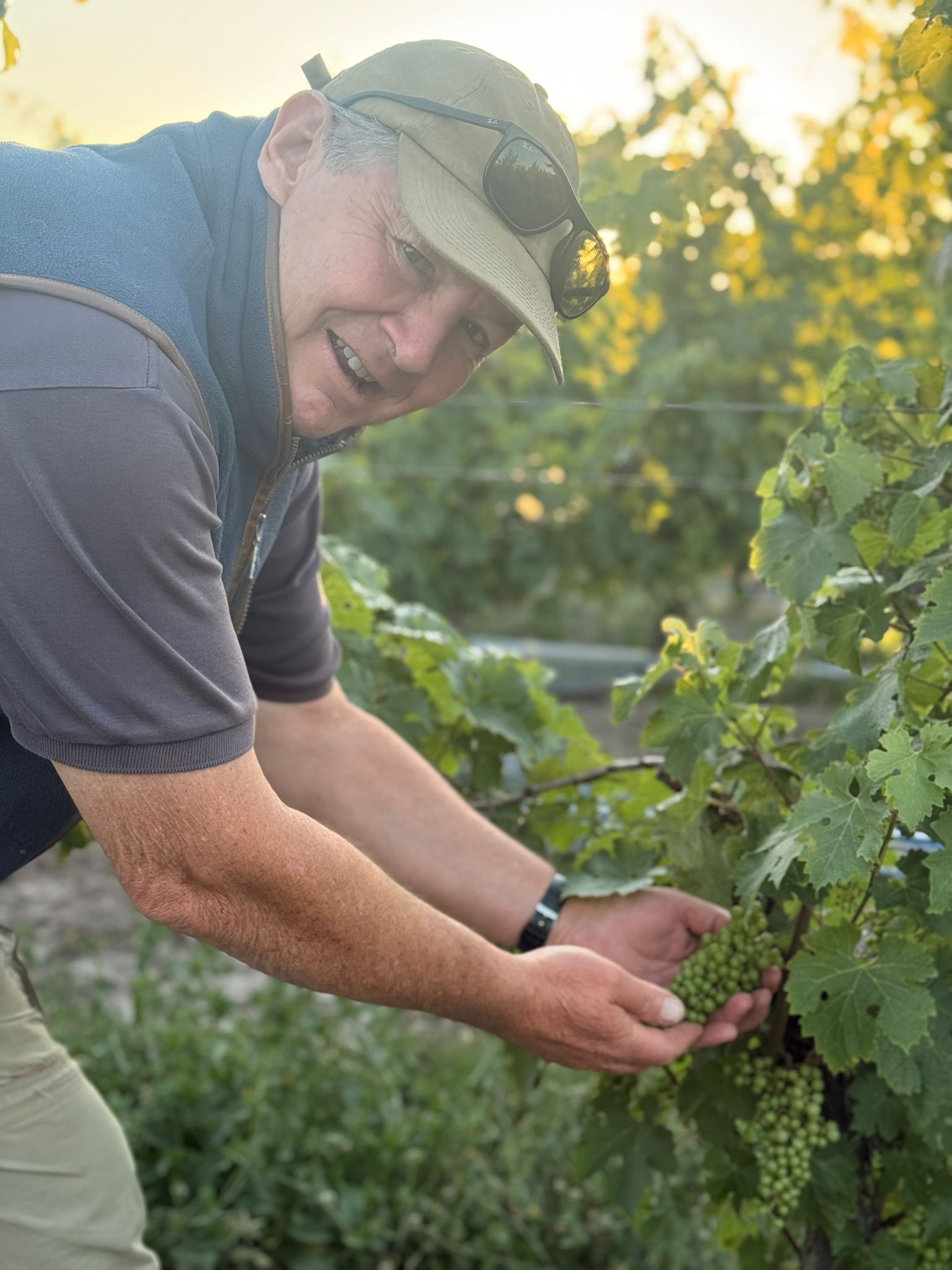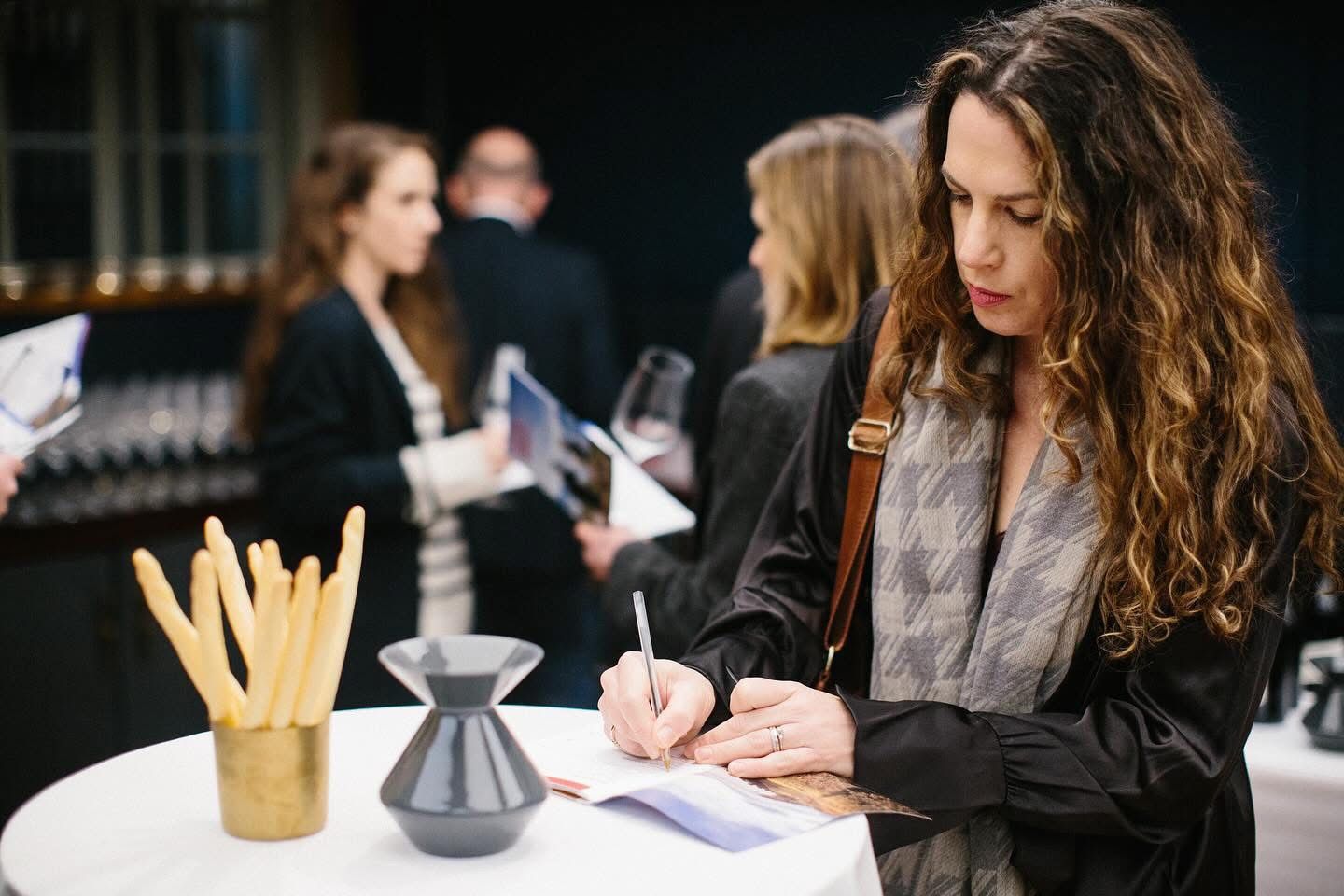The 10th International Symposium, organised by the Institute of Masters of Wine, is open to anyone both in and outside the wine industry and takes place at Wiesbaden, Germany, between June 29 and July 2. Click here for more details and to register to attend.
You have your International MW symposium coming up this summer – can you tell us what to expect in terms of how it is run and the sort of content you are offering?
For those who aren’t aware of it, let me start by introducing the symposium itself – The IMW’s international symposium is perhaps the marquee event in the global wine calendar. It was launched in Oxford in 1982 and last hosted in Logroño, Spain in 2018. Returning for 2023, the 10th international symposium will run over four days, in Wiesbaden, the overall theme of the content programme is a ‘Taste for the Future’. Through a mix of keynotes, masterclasses, walkaround tastings, panel debates and visits to local estates, we will be exploring trends currently defining the industry and how the industry will evolve in the future.
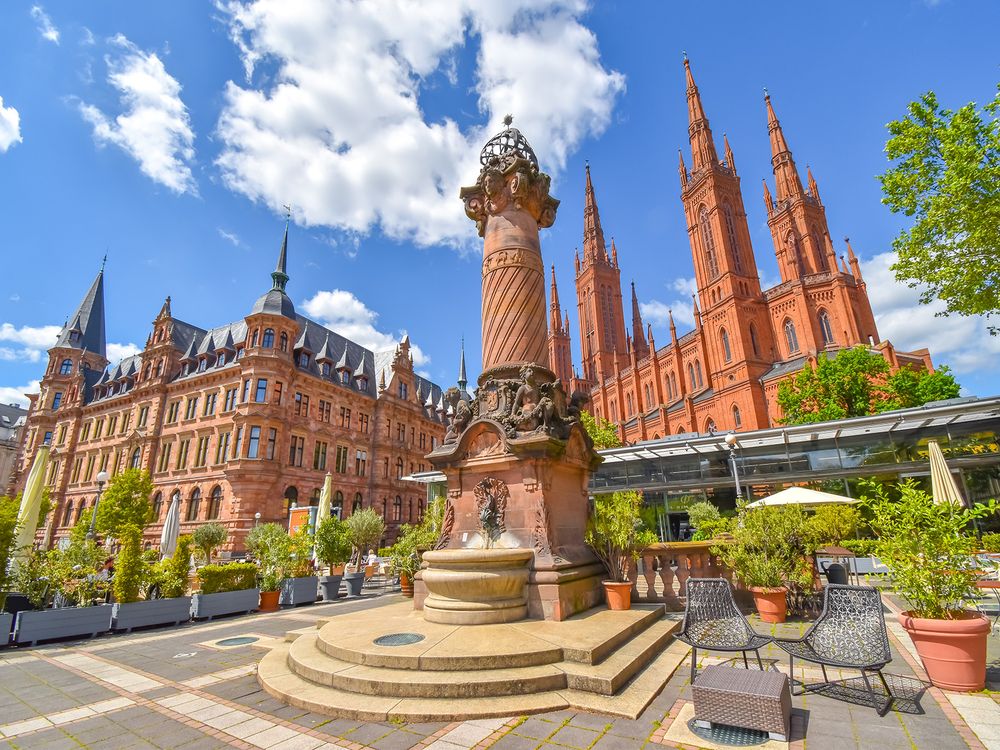
Wiesbaden in Germany is the host for what will be the 10th International Symposium for the IMW
If you’re lucky enough to be attending, you can expect world-class tastings, thought-provoking presentations and controversial debate touching on themes from the impact of climate change to diversity in the wine industry, delivered by some of the brightest minds in the trade, from across the globe.
Is it only open for MWs and those studying for MW exams?
Anyone can attend the symposium, you certainly don’t need to be an MW, capacity of the event is actually 500 so we wouldn’t quite be able to sell it out, if it was just MWs attending. What I will say, is the content and attendance is of course specialist, so although it is open to people outside of the wine trade, I’d advise that their base wine knowledge would need to be relatively high to get the most out of the f0ur days.
Why do you only hold the symposium every four years?
Internally we like to think of the symposium as the Olympics of wine events – this is where you will find the best of the best in terms of the people that are attending.Given the quality of wines on show and the exceptional speakers that we’re bringing together, we want to maintain the emphasis that this is an important, and special occasion that doesn’t come round very often.
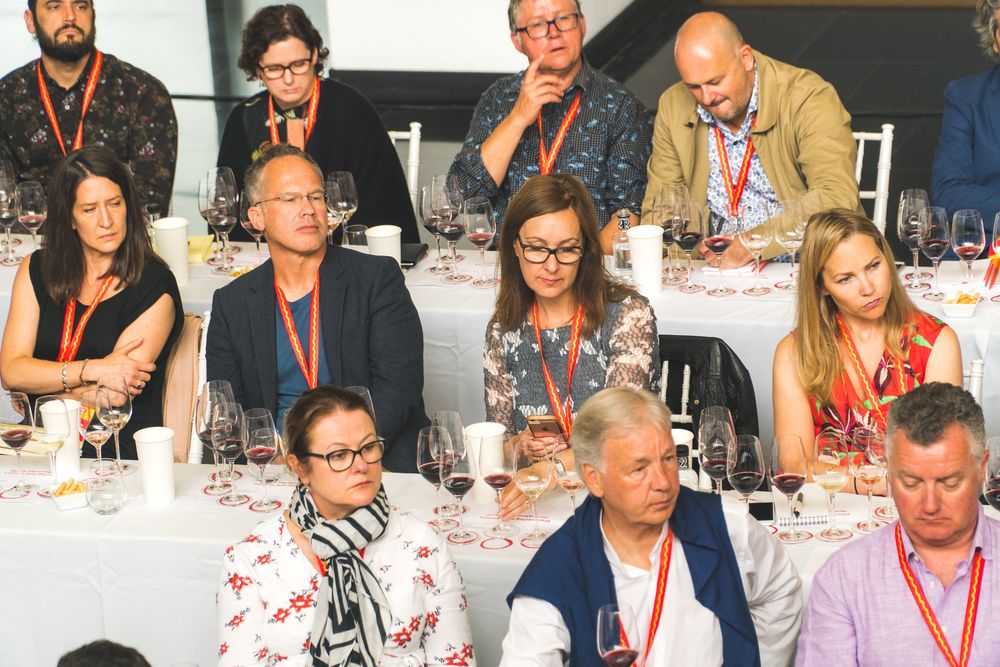
The symposium attracts leading wine figures from all over the world
It’s also a logistical issue, each symposium is hosted by a different wine producing country, that of course takes a lot of work on the ground to set up. Many of the trade’s top speakers that we want delivering sessions, naturally have pretty full diaries, so given all these factors, it would be a real challenge to deliver a symposium with the same impact, if we were putting them on more frequently than the current 4-year cycle.
Sustainability is naturally an important theme at the symposium, how have you approached it when putting on the event?
Putting on an international event of this scale is always going to have a carbon footprint to manage. However, we’re making a conscious effort within the programme itself to ensure that these events are less carbon producing than they were in the past. We’re cutting down on printing and paper by asking all attendees to access tasting books online via QR Codes at the event and by cutting down on paper and plastic cups and other throw away items. The venue itself is modern and has its own environmental guidelines (such as using renewable energy) and we’re asking speakers and attendees to offset their travel where possible.
What are the big themes and issues that you are looking to cover in this year’s event and how will you address them?
The sessions all address our central theme of ‘A Taste for the Future.’ Going into this symposium we recognised that the wine world is in a challenging time both environmentally and socially, and we wanted the programme to address this and give attendees a look at what this may mean for the wines of the future.
The symposium will really dive into the major challenges the wine world is facing now, and how industry leaders are addressing them, utilising debate, interactions and tastings to explore these themes. I can’t emphasise enough the strength of the speakers in the schedule – Justin Howard-Sneyd MW will be moderating a session on regenerative agriculture, Jancis Robinson MW will be leading a tasting on icon Rieslings from across the globe, Dr Jose Vouillamoz will be discussing the future of varietals and Jasper Morris MW will be looking at the future of Pinot Noir through an incredible line up of wines, and that’s really just scratching the surface.
Is it important to get a balance between major macro issues affecting the wine industry whilst also including more niche and wine specific issues to cover?
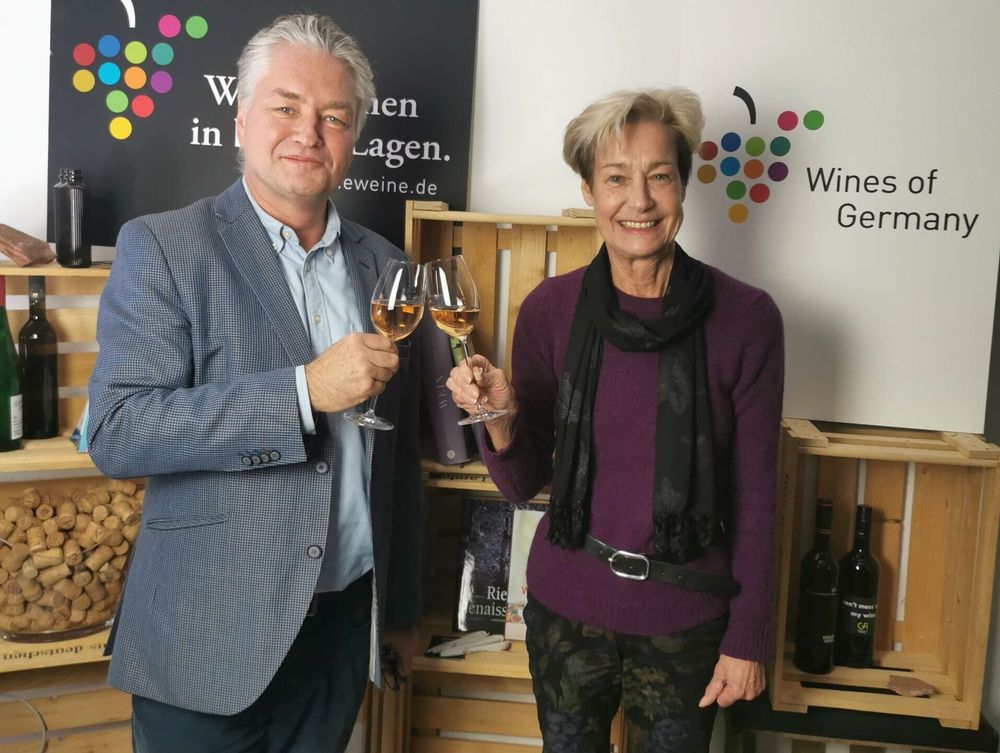
Julian Gore-Booth with Monika Reule, managing director of the German Wine Institute which is hosting the symposium with the IMW, the city of Wiesbaden, and the Federal State of Hesse
Absolutely, it’s something we were really focused on when devising the programme. We will be in Wiesbaden for the symposium, so we wanted to strike the balance between macro and micro issues by addressing many of these big global issues through a local lens. Hence why we’re delivering tastings on German flagship varietals in Riesling and Pinot Noir but discussing their place in a global market.
Beyond these tastings, winemaker involvement in debate is always great for exploring these hyper specific issues, as they will naturally be most concerned, and have the greatest insight with the issues impacting their vineyard and their business. This more micro insight, adds such great colour to discussion on the global trends impacting the industry.
How did you decide which themes and issues to address?
Caro Maurer MW and Alison Flemming MW have led on building out on theprogramme content and wines, and have done a remarkable job I must say. At the IMW we are incredibly fortunate to have a membership base that comprises so many of the industry’s leaders, so discussions between them and Caro and Alison have really helped to define the tastings, keynotes and panels.
Can you pick out any key speakers taking part and the topics they will be talking about?
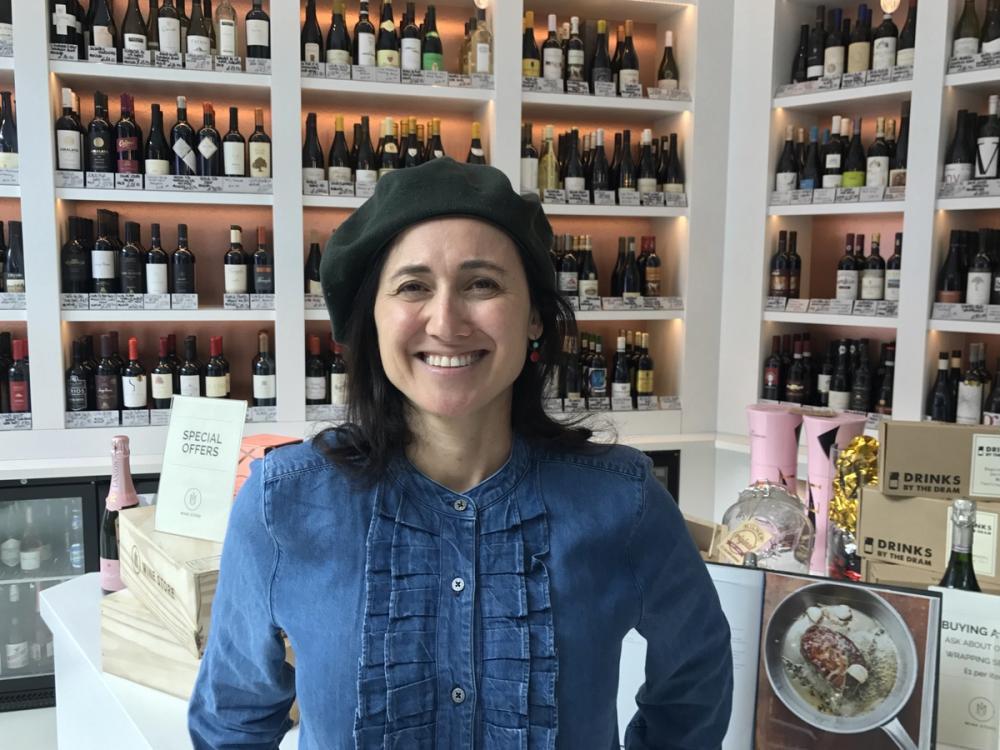
Dr Laura Catena will be delivering a keynote talk at the event
Of course, there’s fantastic sessions across the whole four days, many I’ve already mentioned, however, I’m particularly excited to see the opening and closing keynotes delivered by legendary Burgundian winemaker Jean-Charles Boisset and Dr Laura Catena, founder of the Catena Institute of Wine in Argentina.
I’m also really interested to watch the opening panel, Wine Against the Odds, hosted by Caro Maurer MW. Caro will be speaking to Dr Monique Bell, an associate professor of marketing at California State University, Fresno, researching the intersections of business and culture, Sonal Holland MW, who is among India’s most accomplished wine professionals, Sibel Kutman Oral, who’ll be delivering insight on Turkey and how global counterparts can learn from her experience navigating bans, and Svitlana Tsybak a CEO at a family-run winery in Ukraine.
Together, they will delve into the war in Ukraine, the restrictive policies and religious contradictions in Turkey, pandemic-related losses, renewed civil rights and “buy Black” movements in the US and the lack of wine culture in India, despite being one of the most populous countries on earth.
You also have a Hollywood actor taking part – who and what will they be talking about?
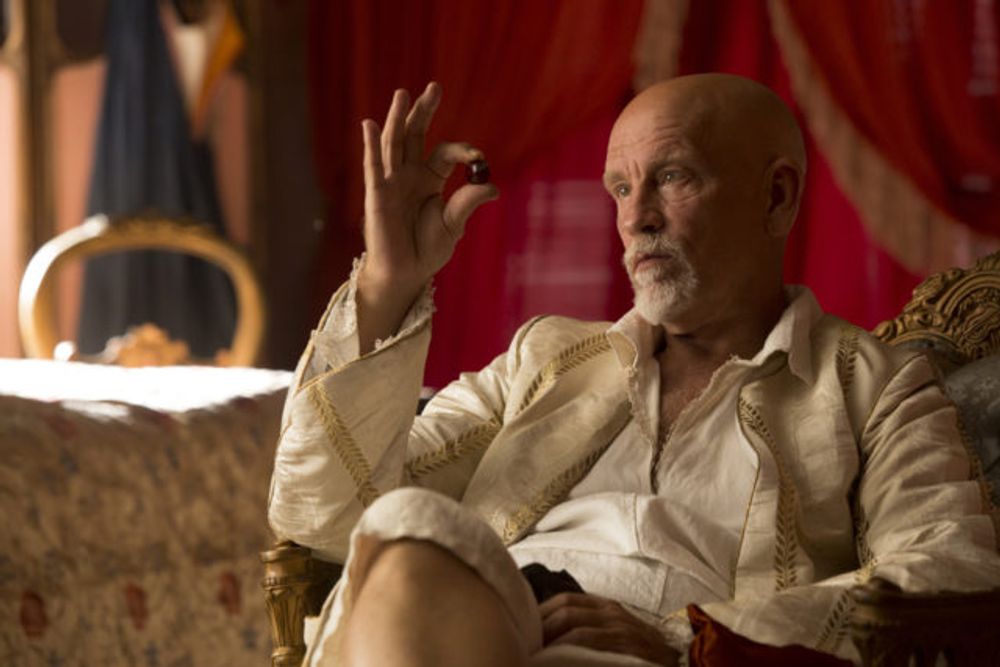
Actor and wine producer, John Malkovich, will be sharing his wine experiences at the symposium
We do, we’re very excited for John Malkovich to be joining the symposium for a Q&A and a tasting of his wines. Susie Barry MW & Peter Richards MW will be speaking to John about his winery Les Quelles de la Coste — where he and his family planted their first vines in 2008; what gave him the idea; his love of wine and his ideas about the future of wine. I expect this session will be particularly well attended!
Why are you hosting it in Wiesbaden?
Sadly, we had to cancel the symposium in 2022 due to Covid limitations. Wines of Germany (DWI) and Wiesbaden, came in to enable us to have the 10th international symposium this year, as opposed to cancelling altogether and waiting until 2026 for the next symposium. With shorter lead time than the usual four years, being based in Europe made it more manageable for the institute given our head offices are based in London and enabled more major wine influencers to come together, more easily. It also helps that we have a longstanding relationship with the DWI who have been a huge help in putting this on.
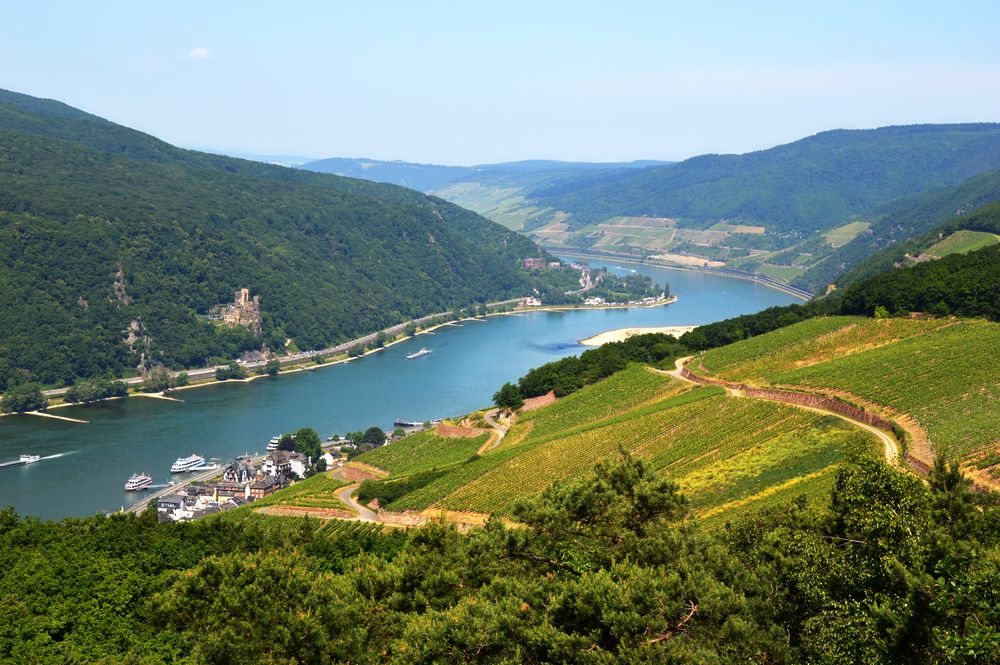
The symposium is being held in the heart of Germany’s Rheingau winemaking region
Beyond it logistically making sense to host in Wiesbaden, there were a great many other factors that made it an ideal location – Wiesbaden, as capital of the Rheingau, sits in one of the major wine regions in Germany, known for its high-quality wines, which has allowed us to arrange a number of producer visits and trips to local wine producing regions around the symposium. Plus, it’s a stunning, historic city, the intellectual nature and curiosity of the wine world sits very well with the history and culture of Wiesbaden.
As well as managing the MW programme what do you see as the key role of the Institute?
Our mission is to promote excellence, interaction, and learning across all sectors of the global wine community. The MW programme leads to membership – it’s a family, a community and a network – I see the role of the institute as to ensure this community thrives and brings added value to the wider world of wine.
I think one of the great misconceptions about the institute is that you need to be an MW or MW student to engage with us. We have so many great events, tastings and world class educational content, and like the symposium, many of these are open to anyone.
Is that role changing and if so, how?
The main way we want the programme to change is to break down barriers to entry. If you have the knowledge and drive to complete such an intense qualification, we want you to be able to join the MW programme. The key to long term success of the institute is the pipeline of people coming through, our focus is to ensure greater diversity of the membership and make it more accessible so people feel encouraged and welcome to apply.
One of the great successes of the institute in more recent years, is that we’re approaching parity between male and female members, however, there is still a long way to go in diversity of nationality, ethnicity and inclusion of other minority groups. We’re currently exploring how to grow the financial help we are able to offer to enable new members to join the study programme.
What are the biggest challenges you face as an Institute and how are you tackling them?
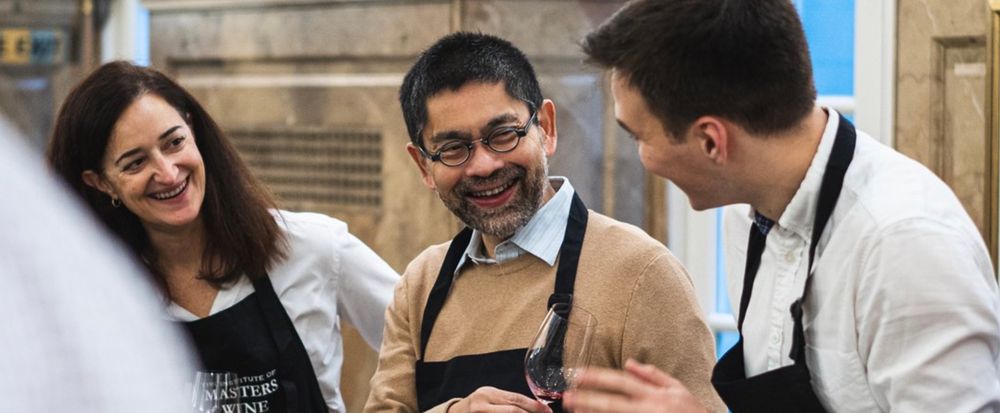
The IMW is aware it needs to open up its programme to attract and be relevant to a more diverse and inclusive potential audience
As mentioned, – Inclusion – we can’t do this on our own – we sit within an eco-system of wine that needs to diversify. Because we sit at the top end of wine knowledge, we also need the pipeline to evolve. There’s a lot we can do with regards to how we enable learning within the programme, looking at the positioning of the IMW as a learning organisation, making sure that what we offer is more and more competitive and keeping the MW journey evolving and improving in quality into the future. As wine knowledge keeps changing and expanding, we need to ensure we stay at the cutting edge of that knowledge.
AI – does it present a threat to the MW programme?
Looking to the future we’re not complacent about AI, it can have a useful place in learning, but we feel well positioned as essay writing is invigilated as part of our final assessment and our tasting exams are also proctored. Wine is fundamentally a human experience, palate, trust, emotion, and storytelling all play their part and are unlikely to be replaced by machine learning.
What is next?
Well, planning for the 2026 symposium, we’ll be announcing the next host region at the end of this year’s event so look out for that. In terms of the institute as a whole, our focus is to strike the right balance between consolidation and development and making sure that we remain at the cutting edge of learning and qualification and insight/knowledge. It’s really important that the Master of Wine continues to command the level of respect that it has done for the last 70 years.
- To find out more about the Institute of Masters of Wines click here.
- To find out more about the International Symposium click here.
